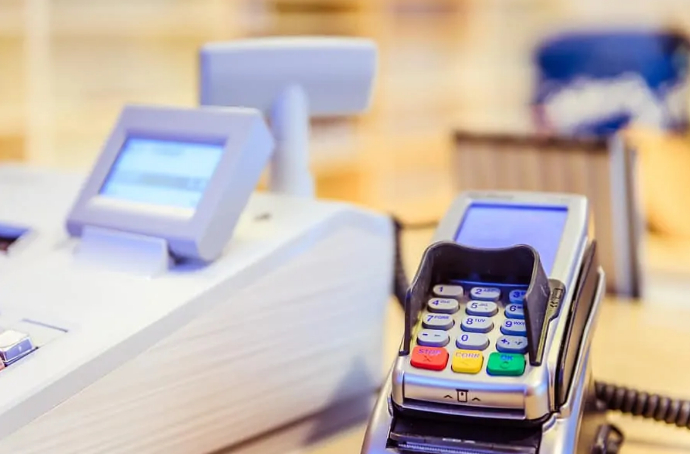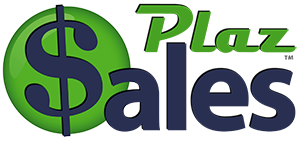Today’s modern POS systems are more than just simple cash registers. Many POS systems can procedure customer orders, but some have evolved to the point that they have become multifunctional machines for businesses in a myriad of industry types. Not only are point of sale (POS) systems more affordable and powerful than ever, but they are also standard for retail stores, bars, lounges, and more. Electronic cash registers were sufficient to keep track of money, according to today’s needs, cash registers are simply not enough.

A modern POS system is equipped with features to help you improve productivity, speed up checkout, improve the customer experience, track expenses and sales, and most importantly, save you time. This article will give you details like how much a point of sale system costs. And all the information you need to know about a point of sale system.
How Much Does The Point Of Sale System Cost?
The costs of your point of sale system will depend on the size of your business, the volume of sales, and the overall needs of the point of sale system. However, once you factor in the hardware, software, business account fees, and setup fees, you will typically end up investing $ 1,250 and then pay around $ 1,000 per year.
The typical cost of a point of sale system for a small business differs depending on several aspects. For a single physical store listing, you’ll likely need to invest between $ 550 and $ 1,200 on hardware. Point of sale software costs an average of $ 40 to $ 180 per month. Cloud-based point of sale, which are different from on-premise point-of-sale systems, a cloud-based point of sale operates online “cloud” or on a remote online server that only requires an Internet connection.
While proprietary hardware or a desktop PC is required as an on-premises terminal, cloud-based point-of-sale software typically runs on a tablet, such as an iPad or Android device. Because it requires less installation, it often costs less to implement hardware and software, ranging from $ 30 to $ 90 per month, and one-time installation costs ranging from $ 900 to $ 1,400.
Point of sale system costs fluctuate for multi-channel sales businesses, as well as depending on the industry and type of registration you need with the point of sale software you prefer. Most point of sale software follows a model called “software as a service” with your program and data in the cloud, rather than on a physical drive in your store. Hence, you will have to pay monthly fees to use the software.
Here’s a frequently asked question: How much does a point of sale system cost for a bar?
Many Bar Pos System in Chesterfield MO are static stations that consist of hardware, software, payment processing equipment, a cash register, and a receipt printer. The price of bar point of sale systems varies broadly depending on the level of technology and the type and amount of hardware purchased. The price range for bar point-of-sale systems is generally between $ 60 and $ 130 per month for software. In addition to the monthly software costs, the hardware costs are a one-time fixed cost starting at $ 599.
FAQ: Is There A Free Point Of Sale System?
Some well-known point-of-sale systems are free, but their additional functionality comes at a cost. The most popular free point of sale systems are:
- eHopper
- PlazSales
- Square for Retail
- Google Pay
- Apple Pay
- Stripe
Things That May Affect The Price Of Point-Of-Sale Systems:
- Size Of The Business
The size of the business affects the price of your point of sale solution because, in most point of sale agreements, each additional registration or location will have an additional cost.
- Opted Features In The POS Software
Of course, the quantity and quality of the features you select will directly affect the cost of your system.
- Type Of Industry
What you sell is important, for instance, grocery point of sale have different needs than restaurants and therefore have a big difference in the location of their outlets.
- Add-Ons And Accessories
Your basic point of sale should include a variety of features, many people choose to pay extra for ancillary services and third-party integrations, such as accounting software, loyalty program, shopping cart. online purchase, etc.
- Software Updates
A small retail store needs software to manage inventory, payments, reporting, and possibly time tracking and employee management. Any new upgrade or add-ons will cost you some extra bucks. By spending a little more, you can have full access to free automatic updates, high-quality customer service, and additional perks like managed compliance and more.
FAQ, What Is The Cheapest POS System?
The best POS systems that are cheapest for Businesses are:
- Square
- eHopper
- PlazSales
- Revel POS
- Vend
- Lightspeed Retail POS

Recent Comments